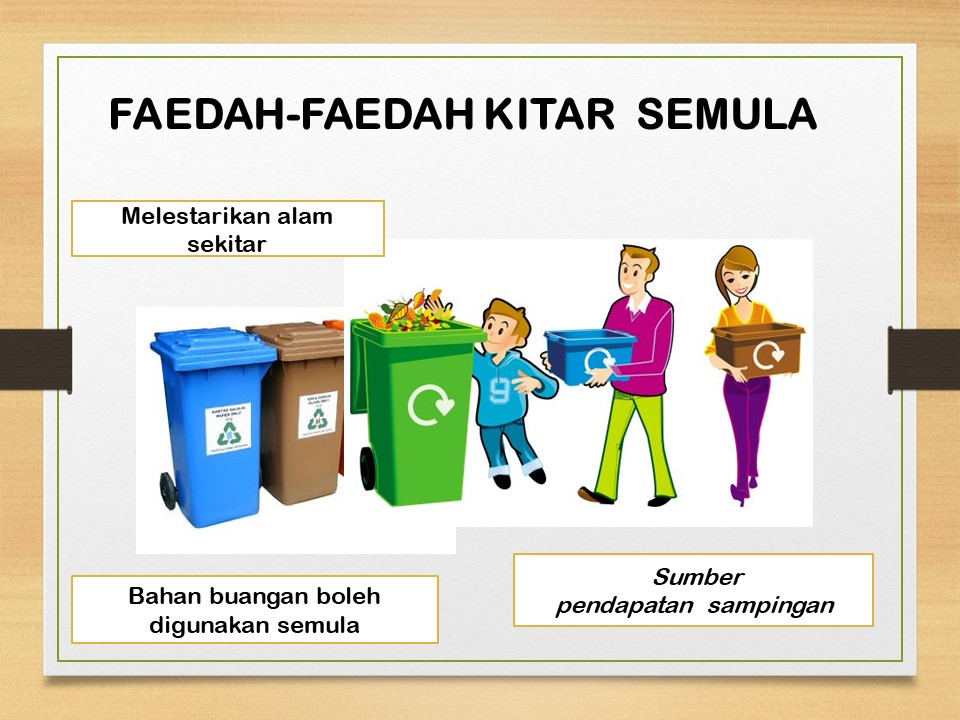Recycling Challenges: How to Overcome Them for a Greener Future
We all know recycling is important, right? It’s like the eco-friendly mantra drilled into us since childhood. But let’s be honest, actually making recycling work – and work well – can feel like navigating a maze of confusing rules and wishful thinking.
From contamination woes to a lack of clear information, the road to successful recycling can be paved with good intentions but littered with obstacles. The good news? We’re about to break down these barriers and empower you to become a recycling rockstar.
Imagine a world where our trash doesn’t end up in overflowing landfills, where valuable resources are given a second life, and where our collective actions truly contribute to a healthier planet. That’s the promise of effective recycling.
But the reality is, many recycling programs face major challenges. Wishful recycling – tossing things in the bin hoping they’re recyclable – leads to contamination and throws a wrench in the entire process. And then there’s the confusion over what can and can’t be recycled, leaving even the most well-intentioned among us scratching our heads.
So, how do we bridge the gap between good intentions and impactful action? It starts with understanding the issues, embracing simple solutions, and recognizing that even small changes can have a big impact on our planet’s future.
One of the biggest hurdles to effective recycling is contamination. When non-recyclable items end up mixed with recyclables, it can contaminate entire batches, sending them to the landfill instead of being processed. This is where understanding your local recycling guidelines is key. What can be recycled varies from place to place, so check your local council’s website or contact your waste management provider for specific instructions.
Another common challenge is a lack of awareness about what happens to our recyclables after they leave our curb. Educating ourselves about the recycling process helps us make informed decisions. For example, did you know that plastics are often categorized by number, and not all types are created equal when it comes to recycling? Understanding these nuances can significantly boost your recycling game.
Now, let's talk solutions. A great starting point is to adopt the "reduce, reuse, recycle" mantra in its entirety. Before tossing something in the recycling bin, consider if it can be reused or repurposed in any way. Get creative! Old jars can transform into storage containers, and worn-out t-shirts can find new life as cleaning rags.
Advantages and Disadvantages of Effective Recycling
| Advantages | Disadvantages |
|---|---|
| Conserves natural resources | Can be confusing and inconvenient |
| Reduces landfill space | Contamination can disrupt the process |
| Creates jobs in the recycling industry | Requires collective effort and participation |
Here are five best practices to supercharge your recycling efforts:
- Know your local rules: Check your local council's website for specific guidelines.
- Rinse and dry recyclables: Food residue and liquids can contaminate other materials.
- Break down boxes: This saves space in recycling bins and trucks.
- Avoid "wishful recycling": If you're unsure about an item, it's best to err on the side of caution and throw it in the trash.
- Choose products with minimal packaging: This reduces waste from the outset.
Let's face it, even with the best intentions, recycling can be confusing. But remember, every little step counts towards a greener future. By understanding the challenges and embracing simple solutions, we can overcome recycling hurdles and make a real difference for our planet.
Engaging entertainment exploring the world of games for 11 year old girls
The ultimate guide to navigating different types of light bulbs
The art of the verbal duel witty comebacks and rap battles














